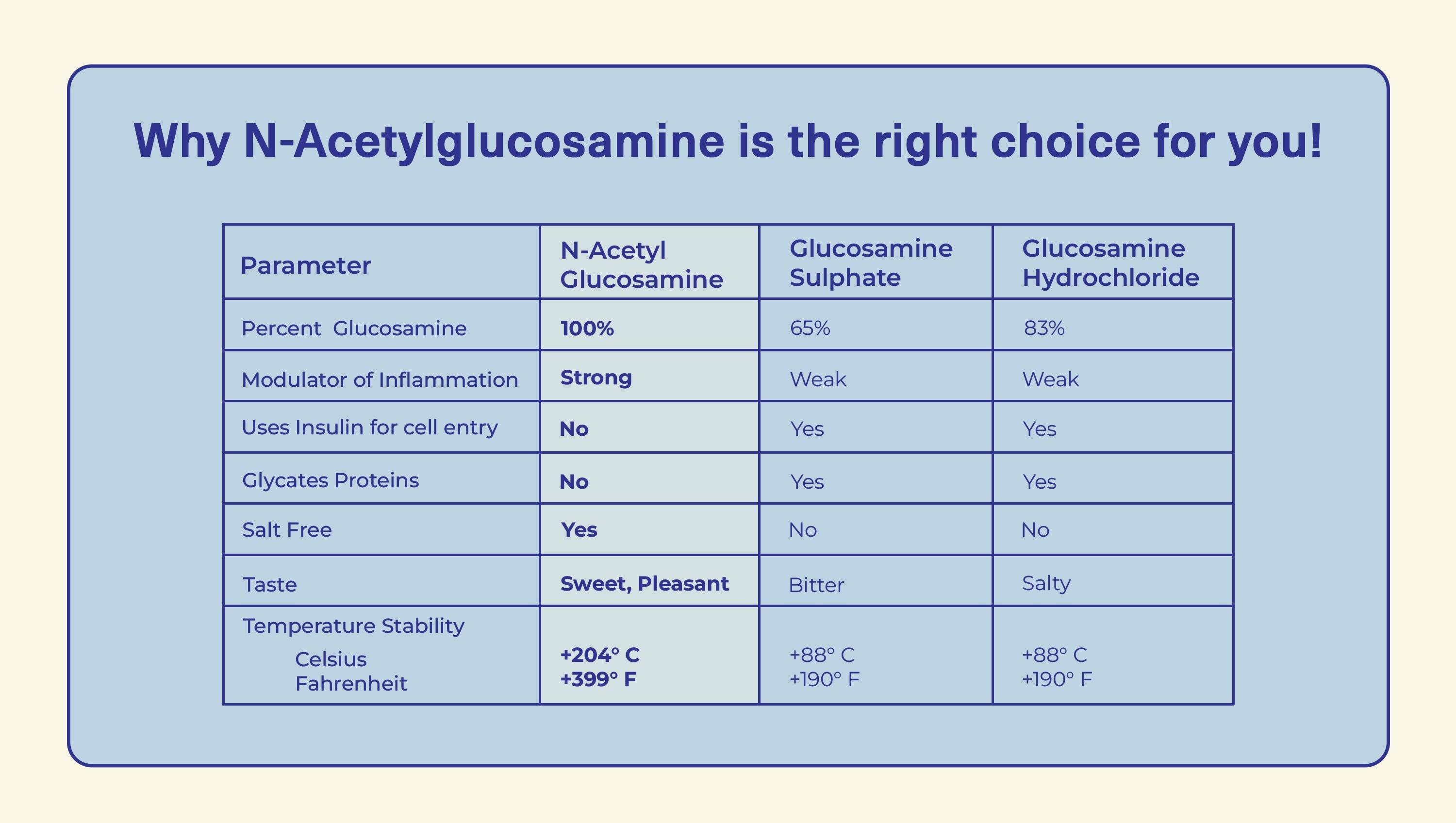

· De Pooja Kukreja
How to Know if You Have Leaky Gut: Understanding the Signs and Symptoms
Have you ever wondered why you constantly feel bloated, fatigued, or struggle with persistent digestive issues despite eating a relatively healthy diet? You might be dealing with a condition known as leaky gut syndrome. Leaky gut is a term that’s increasingly used in both medical and wellness communities, but what exactly does it mean, and how can you tell if you have it?
What Is Leaky Gut Syndrome?
Leaky gut, also known as increased intestinal permeability, occurs when the lining of the small intestine becomes damaged. This damage allows undigested food particles, toxins, and bacteria to "leak" through the intestinal wall into the bloodstream. This can trigger widespread inflammation and provoke an immune response, leading to a variety of symptoms and health issues.
Common Symptoms of Leaky Gut
Identifying leaky gut can be tricky because its symptoms often overlap with other conditions. However, there are some common signs to watch out for:
- Digestive Issues: Persistent bloating, gas, cramps, or diarrhea can be signs of leaky gut. These symptoms indicate that your digestive system is not functioning properly.
- Food Sensitivities: If you notice that you’re suddenly reacting to foods that never bothered you before, it could be a sign. This happens because particles of undigested food leaking into your bloodstream can provoke an immune response, making you sensitive to certain foods.
- Chronic Fatigue: Feeling tired all the time, even after a good night's sleep, can be linked to leaky gut. The inflammation and immune response can take a toll on your energy levels.
- Skin Problems: Conditions like acne, eczema, or rashes can be linked to gut health. The skin is often a reflection of what's happening inside your body, including your gut.
- Joint Pain: Chronic inflammation from leaky gut can lead to joint pain and discomfort. This is due to the immune system being constantly activated, attacking your own body tissues.
- Mood Issues: Anxiety, depression, and other mood disorders can also be tied to gut health. The gut-brain axis plays a crucial role in mental health, and an unhealthy gut can disrupt this connection.
Causes of Leaky Gut
Leaky gut can be caused by a variety of factors. Some of the most common include:
- Chronic Inflammation: Conditions like inflammatory bowel disease (IBD) and celiac disease can increase intestinal permeability.
- Poor Diet: High sugar, refined carbs, and processed food intake can damage the gut lining.
- Medications: Long-term use of nonsteroidal anti-inflammatory drugs (NSAIDs) and antibiotics.
- Alcohol and Stress: Excessive alcohol consumption and chronic stress can weaken the intestinal barrier.
- Gut Dysbiosis: An imbalance in gut bacteria.
Diagnosing Leaky Gut
While there's no standard medical test for leaky gut, several diagnostic approaches are used to assess intestinal permeability:
- Urine Test: Measures the absorption of specific sugar molecules.
- Blood Test: Looks for markers of inflammation and immune response.
- Tissue Biopsy: Examines the integrity of the intestinal lining under a microscope.
- Confocal Endomicroscopy: Provides a detailed view of the gut lining.
Managing and Healing Leaky Gut
If you suspect you have leaky gut, there are several steps you can take to manage and potentially heal it:
- Dietary Changes: Focus on anti-inflammatory foods, such as fresh fruits, vegetables, lean proteins, and healthy fats. Avoid processed foods, sugar, and refined carbs.
- Probiotics and Prebiotics: Supplements and foods like yogurt, kefir, and kimchi can help balance gut bacteria.
- Reduce Stress: Practices like yoga, meditation, and regular exercise can lower stress levels.
- Avoid NSAIDs: Limit the use of nonsteroidal anti-inflammatory drugs.
- Hydration: Drink plenty of water to help flush out toxins and support overall health.
Conclusion
Leaky gut is a complex and somewhat controversial condition that overlaps with many other health issues. However, paying attention to your body and making proactive lifestyle changes can help manage the symptoms and improve your overall well being. If you suspect you have a leaky gut, consult a healthcare professional who can guide you through the appropriate tests and treatments.



